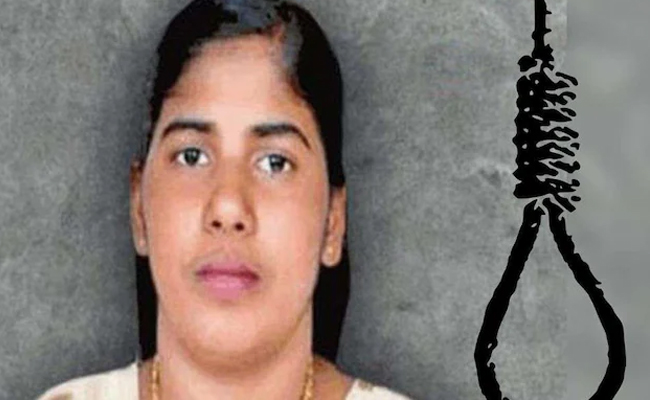
India News

The name Nimisha Priya has become widely known across India in recent days. She is the Indian nurse from Kerala who was sentenced to death in Yemen for a murder committed there. The execution, which was scheduled for July 16, was suddenly postponed — not canceled, but deferred — bringing a temporary sigh of relief to her family and the Indian government.
The execution was delayed following diplomatic negotiations between the Indian government and a prominent religious leader with Yemeni authorities. Currently, efforts are underway to save Nimisha from execution through the provision of "blood money." But what exactly is blood money? Can someone escape the death penalty by paying money?
Under Islamic Sharia law, followed in countries like Yemen, blood money — referred to as Diya — is a form of financial compensation offered by an accused to the victim's family. If the victim’s family accepts the compensation and forgives the accused, the person can be spared from capital punishment. In Nimisha's case, the compensation amount has reportedly been set at Rs 8.6 crore (approximately $1 million USD).
However, if the victim's family refuses the compensation, the sentence proceeds as per Yemeni law. Although the family was given a week to consider the offer, the situation has taken a dramatic turn. The family of Talal Abdo Mahdi — the man Nimisha killed — has outright rejected the blood money, stating that they want revenge, not compensation.
They made it clear they will never forgive Nimisha for the murder. Despite efforts by Nimisha’s family and a Kerala-based Muslim religious leader Kanthapuram A.P. Aboobacker Musliyar to negotiate, the victim’s family was unrelenting. They initially showed willingness for talks, which led to the last-minute stay of execution, but soon after, they reversed their stance.
Mahdi's brother, Abdul Fattah Mahdi, declared that the crime committed by Nimisha cannot be forgiven. He expressed shock over the postponement of the execution and insisted that the power to forgive rests solely with the victim’s family — not the Yemeni or Indian governments. Now, with the rejection of the Diya, the execution threat looms again.
Case Recap: What Exactly Happened?
Nimisha Priya, originally from Palakkad, Kerala, moved to Yemen in 2008 to work as a nurse. By 2015, she wanted to start her own clinic. Yemeni law requires foreign nationals to have a local partner to open a clinic. So, she teamed up with a Yemeni citizen, Talal Abdo Mahdi.
However, their partnership soured quickly. In 2016, Priya filed a police complaint against Mahdi, leading to his arrest. Upon release, he began harassing her and allegedly confiscated her passport.
Desperate to retrieve her passport, Nimisha, along with another associate, drugged Mahdi. The overdose of sedatives resulted in his death. She was arrested and charged with murder.
In 2018, she was found guilty, and in 2020, Yemen’s Supreme Judicial Council sentenced her to death. She was arrested again while attempting to flee the country and has been in custody since.
While Nimisha’s family and supporters are still trying to negotiate and raise funds for blood money, the firm rejection by the victim’s family makes her fate uncertain.
Now, all hopes rest on a miracle — unless the family of Talal Mahdi has a change of heart, Nimisha Priya's execution remains imminent.
Advertisment